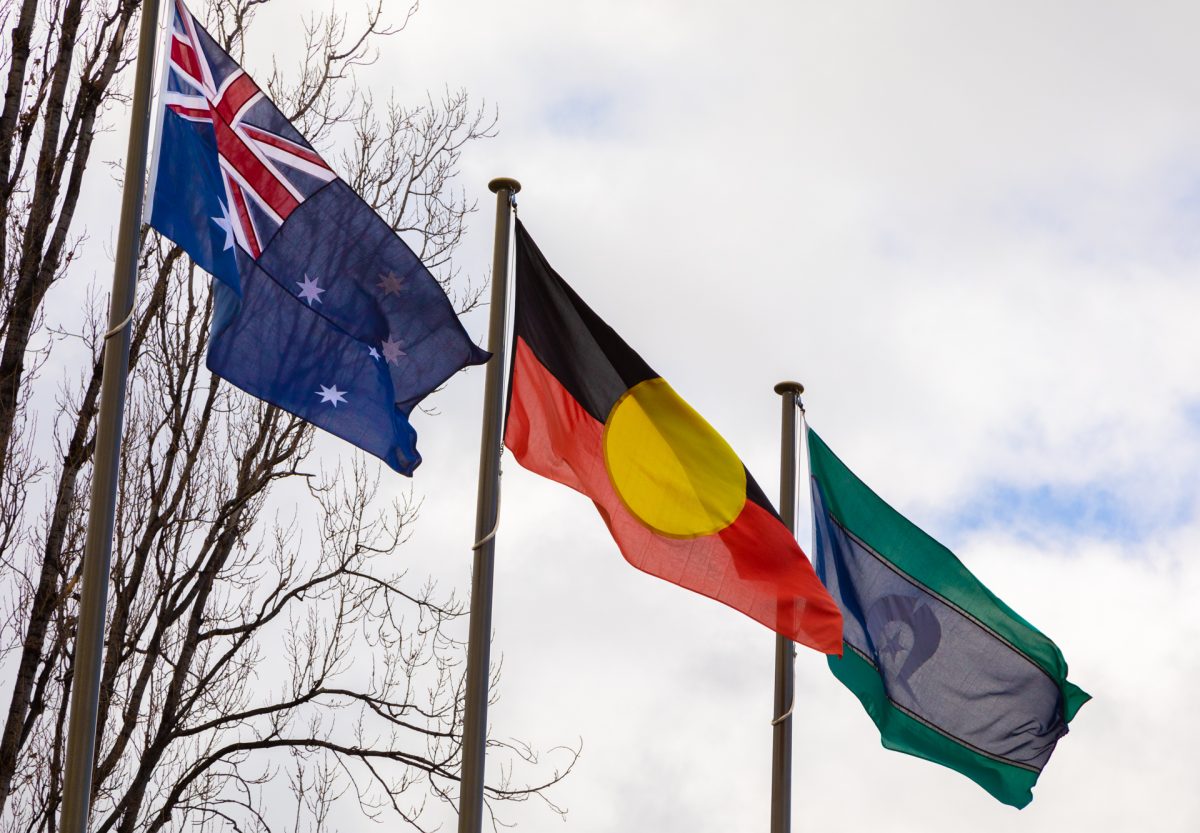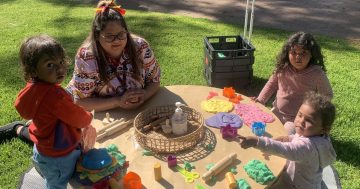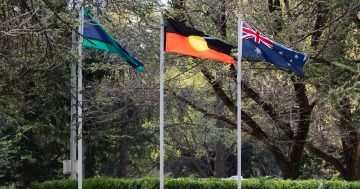
Governments need a paradigm shift in their approach to Aboriginal and Torres Strait Islander people. Photo: Michelle Kroll.
The Productivity Commission has blasted all Australian governments for not doing enough to advance the living standards and basic rights of First Nations people.
It says the way government departments, systems and public servants approach the issue must change.
A paradigm shift is required to better consult with Indigenous Australians on matters that impact them.
In its final report of the first three-yearly review of the National Agreement on Closing the Gap, the Commission insists that a business-as-usual approach to Indigenous issues cannot continue and that the plight of Aboriginal and Torres Strait Islander people was not being taken seriously.
“The Coalition of Aboriginal and Torres Strait Islander peak organisations and all Australian governments jointly entrusted the Productivity Commission with a significant and important job – to review progress and make recommendations to ensure that the objectives of the National Agreement on Closing the Gap are met,” commissioners Romlie Mokak and Natalie Siegel-Brown wrote.
“The genesis of the agreement was governments recognising that their efforts were not changing outcomes, and indeed, the gap was widening in some areas.
“A new approach was required … but trust is lacking and will only grow when decisions about Aboriginal and Torres Strait Islander communities are shared with communities.
“The gap is not a natural phenomenon. It is a direct result of the ways in which governments have used their power over many decades. In particular, it stems from a disregard for Aboriginal and Torres Strait Islander people’s knowledges and solutions.”
Commissioners said that over the course of their review, it had become clear that in order to see change, business-as-usual must be a thing of the past.
They observed, across the country, “small tweaks or additional initiatives, or even layers of initiatives” as attempts to give effect to the agreement, “however, real change does not mean multiplying or renaming business-as-usual actions”, they said.
“It means looking deeply to get to the heart of the way systems, departments and public servants work.”
As part of the national agreement, all Australian governments committed to mobilising all avenues available to them “to overcome the entrenched inequality faced by too many Aboriginal and Torres Strait Islander people so that their life outcomes are equal to those of all Australians”.
However, the Productivity Commission’s review shows that governments are not adequately delivering on this commitment, and “disparate actions and ad hoc changes” have not led to noticeable or meaningful improvements.
“This raises questions about whether governments have fully grasped the scale of change required to their systems, operations and ways of working to deliver the unprecedented shift they have committed to,” the report states.
“The Commission’s overarching finding is that there has been no systematic approach to determining what strategies need to be implemented to disrupt business-as-usual of governments.
“What is needed is a paradigm shift. Fundamental change is required, with actions based on a clear logic about how they will achieve that change.”
It was “too easy” for the review to find examples of government decisions that contradict commitments in the agreement they signed up to.
Further, decisions do not reflect Aboriginal and Torres Strait Islander people’s priorities and perspectives while government actions exacerbate, rather than remedy, disadvantage and discrimination.
“Unless governments address the power imbalance in their systems, policies and ways of working, the agreement risks becoming another broken promise to Aboriginal and Torres Strait Islander people,” the report states.
Commissioners said it was most critical for government decision-makers to accept that they did not know what was best for First Nations people.
“Change can be confronting and difficult. But without fundamental change, the agreement will fail and the gap will remain,” they wrote.
“We cannot afford to waste the opportunity that this agreement presents.
“All Australians should expect that in three years’ time, the Commission will be providing a very different assessment.”
Original Article published by Chris Johnson on Riotact.









